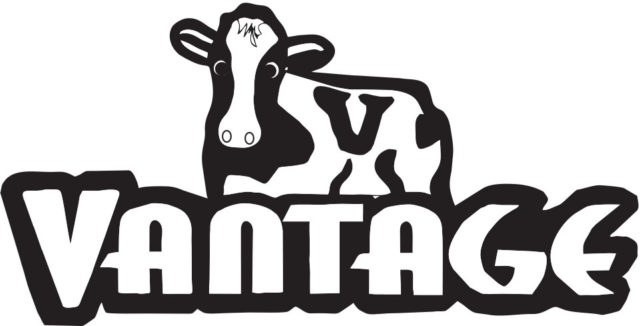If there’s one thing found on a farm regardless of all else, it’s barn cats. They roam everywhere, living detached lives in dusty rafters and bedded stalls. The barn cat is a strong animal because he has to be.
He sometimes eats road kill, is stepped on in the freestalls and spends lonely nights in the corner of the haymow. Sometimes barn cats explode in tractor radiators.
Their populations billow and shrink by the frequency of drop-offs and manic breeding. At any time there was always at least one that stuck out and later symbolized a childhood era.
Mascara, Thomas, Psychocat, Peggie, Bob, and Bob’s kitten in the loft, Garfield. I can remember the cat when I can’t remember the year, and because of this I count time in barn cats.
I don’t feel the same way about house cats. There are good people that have them, although I’ll never understand why. House cats live trapped, in singular, sterile environments eating dry, measured Friskies and chasing string.
One lived in a house I roomed at in college – a gray, shifty creature named Beatrice. Beatrice could open my sliding door and did it at will. I’d wake up to her sitting on my chest, staring at me with a blank look. She tore up all my posters.
She made strange noises at me that I didn’t understand. I threatened to accidentally leave the front door open, in case she might wander out and disappear from our lives for good. Beatrice still lives there, and I do not.
My first job, at the age of 3, was to feed the barn cats. I would take the plastic cup that comes inside the bags of milk replacer, ladle a little milk out of a calf’s bucket, and pour it into the cats’ dish.
My father always had mixed feelings about feeding the cats, but ultimately considered it appeasement to keep them away from the afterbirth in the calving pen and milk buckets in the hutches.
I saw it as a vise to pet the ones that would otherwise bend away from my reach when I kneeled down. Sometimes even the wildest cats would tolerate being coarsely stroked while they lapped up milk as fast as they could.
It also became apparent to me, at that age, that living in a barn was not an easy existence. Some of the kittens that I fed were stepped on by cows or found dead along the road when the snow melted in the spring.
There was a large fan built into the wall of the old stanchion barn. For some reason, every once in a while a cat felt compelled to jump through it.
Often, all that came out was a head and a front leg. Perhaps seeing such things helped indoctrinate me into the life I was growing into.
Farming is frequently an act of survival: low margins, unpredictable weather and a battery of other obstacles that persistently arise. While the farmer deals with these challenges, the barn cat is acting as its own creature of resistance.
They take the full brunt of the winter without a place to seek relief – those tempted by the warmth of a skidsteer radiator don’t last long.
Every handful of years a disease runs through and wipes out most of them, leaving only a handful of the hardiest and luckiest to restart the community.
A few times, in unsightly circumstances, a visitor’s vehicle leaked antifreeze into the same puddle milk was spilt. Although I had never seen it myself, the description of the sudden and erratic nature of the cats’ deaths left an imprint on my imagination. Regardless of all this, one can be assured that if there is a barn, there will be barn cats.
I’ve also seen barn cats, when pressed, do some pretty remarkable things. Cellar Kitty’s Daughter dragged a rabbit between her legs the entire length of the hill in front of our house. It left a winding track mark in the gravel by the side of the road.
It was the same spring that it rained impossibly. My father had to get the entire year’s worth of corn into the ground within the span of a few days, planting under the dim glow of the old tractor’s headlights.
Farmers are generally respected by the public for the work they do and the conditions they must do it under. There is risk, and farming can be hard. Regardless, the character of the work is underpinned by a quality of self-sufficiency not found in most other occupations.
Sometimes, it seems the nature of farming itself permeates to the people and things around it – even to the cats, until they are unknowingly upholding the metaphor. PD
Dennis is the son of a dairy farmer from western New York and a literary writer. The Dennis family dairies and maintains a 100-plus cow herd of Holsteins and Shorthorns.

-
Ryan Dennis
- Columnist
- Email Ryan Dennis







